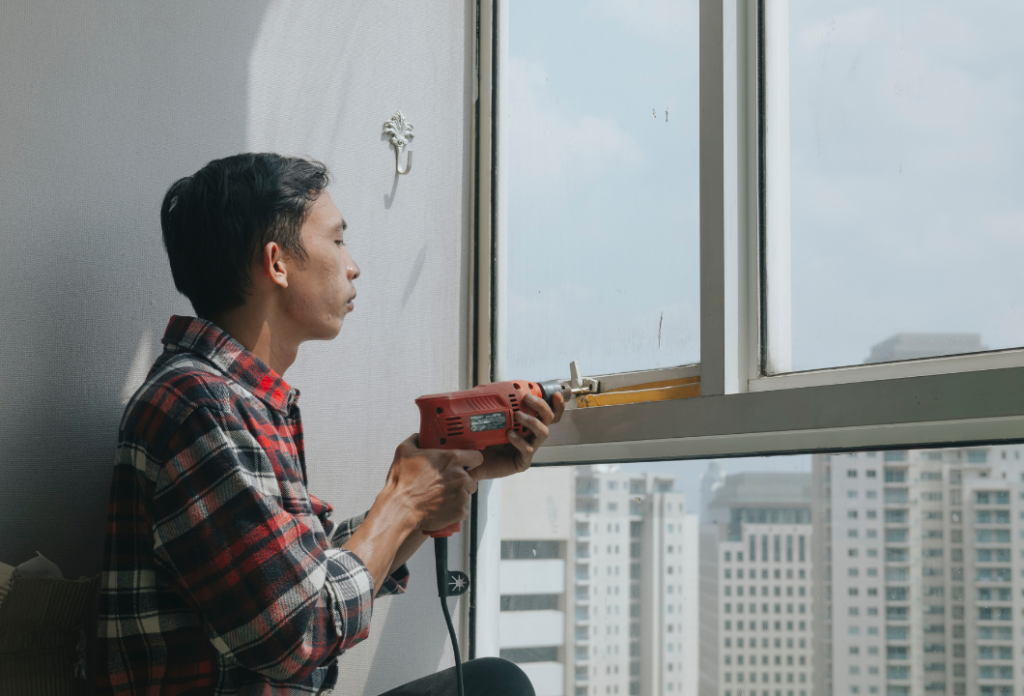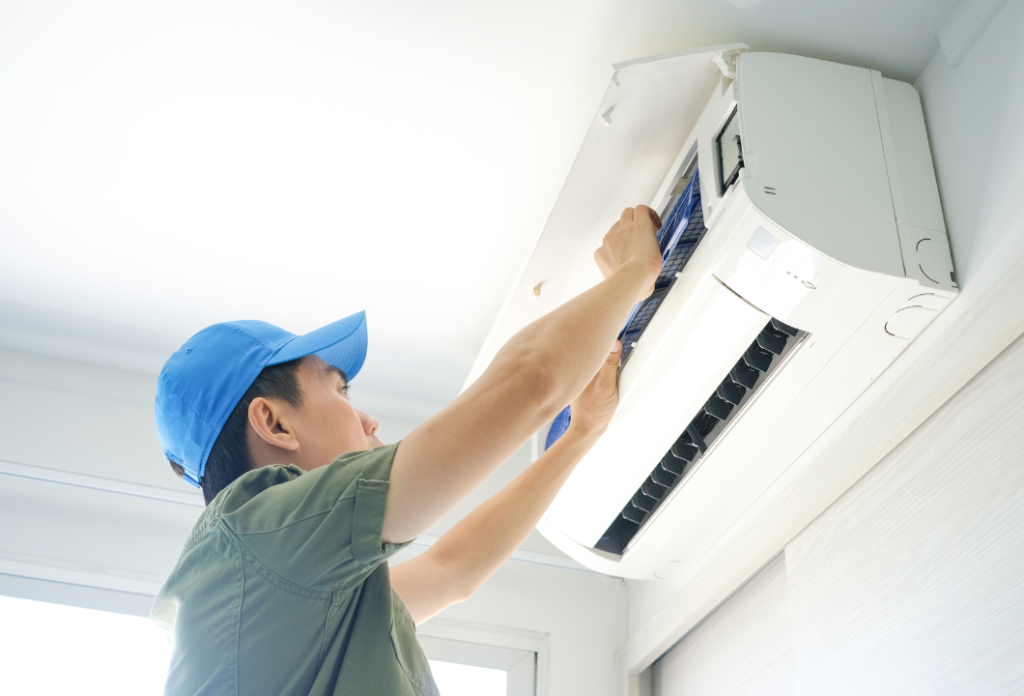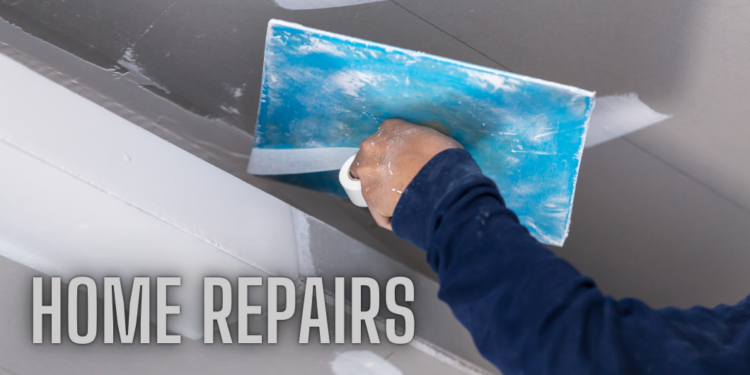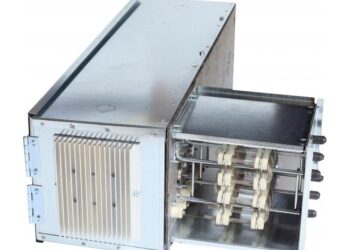Maintaining a home can be both a rewarding and overwhelming task. As a homeowner, it’s essential to keep up with routine maintenance and repairs to ensure your home remains comfortable, safe, and valuable. Whether it’s replacing windows or fixing the air conditioning, home repairs can be costly if not planned for properly. This guide will walk you through how to budget for common home repairs and help you set up a strategy for managing unexpected costs.
Warning signs that your home needs general repairs
If you’ve ever wondered whether your home might need a little extra attention, knowing the warning signs that it requires general home repairs can save you from bigger, more expensive problems down the road. Homes are living spaces—they settle, age, and wear down over time, which means repairs are just part of homeownership. So, how can you tell if your house is crying out for help? Look out for a few key indicators.
First, if you notice water damage like stains on ceilings, walls, or floors, that’s a red flag. Leaks can come from roof issues, plumbing problems, or poor drainage, and if left unchecked, they can lead to mold and structural damage. Similarly, cracks in walls or foundations shouldn’t be ignored. While minor cracks are common, significant or widening cracks can suggest structural shifts that need professional attention.
Another sign is unexplained drafts or uneven heating and cooling throughout your home. If your energy bills are skyrocketing and your HVAC system can’t seem to balance temperatures, it could point to insulation problems or leaks around windows and doors. Don’t overlook creaky or sagging floors or roof issues like missing shingles or visible damage after a storm. These issues can lead to costly repairs if not taken care of early.
Lastly, if you’ve been hearing strange noises, like creaks, pops, or rattles, or your plumbing isn’t functioning like it used to, these are also indications that your home may need attention. Regular maintenance and prompt action when you spot these warning signs can help you avoid future headaches and maintain the comfort and safety of your living space.
Start with Home Window Repair

One of the most important areas to consider when budgeting for home repairs is home window repair. Windows are not only critical for the aesthetic appeal of your home but also play a role in your home’s energy efficiency. Cracks, drafts, or broken seals can significantly affect your heating and cooling costs. By budgeting for home window repair, you can prevent small issues from escalating into expensive replacements. Regularly inspect your windows for any signs of wear and tear, and set aside funds for any necessary repairs.
Small cracks or leaks may seem minor, but if left untreated, they can lead to water damage and other costly problems. A yearly window inspection and repair budget can keep these issues at bay, preserving both the comfort and value of your home. If you have older windows, consider budgeting for a future windows replacement, as this could provide better insulation and long-term savings on energy bills.
Plan for Windows Replacement
While repairing windows is often the first step, sometimes the best option is windows replacement. Over time, windows may become outdated, inefficient, or damaged beyond repair. When this happens, replacing them is essential, but it’s also an investment. Energy-efficient windows can significantly improve your home’s insulation, leading to lower utility bills and a more comfortable living environment.
Plan ahead for this expense by setting aside money each year in anticipation of the need for windows replacement. Start researching the types of windows that will best suit your home and climate. Energy-efficient windows, though a bit more expensive upfront, often pay for themselves over time in lower heating and cooling costs. By budgeting in advance, you’ll avoid the stress of having to pay a large sum all at once.
Allocate for Handyman Services
Not all home repairs require hiring a specialist. Many tasks, such as minor plumbing issues, fixing small leaks, or repairing drywall, can be handled by a skilled handyman services professional. Handyman services are typically more affordable than specialists and can tackle a wide variety of home repairs.
In your budget, include a category for handyman services to address smaller repairs. You may need a handyman for tasks like patching up holes, replacing broken tiles, or fixing a leaky faucet. By regularly setting aside funds for handyman visits, you can quickly handle small repairs before they turn into larger, more expensive issues.
Look for Home Repairs Near Me
When unexpected problems arise, you don’t want to waste time looking for a repair service. That’s why it’s essential to have a list of trusted professionals for home repair near me. Emergencies, such as plumbing failures or electrical issues, can happen at any time. Having a local professional ready to go can save you time, money, and stress.
To prepare for such situations, research reputable home repair companies in your area. Ask for recommendations from neighbors or friends, and make sure to keep their contact information readily available. By allocating a portion of your budget for emergency repairs, you’ll avoid scrambling when a problem occurs.
Prepare for Home Glass Repair
Glass-related issues, such as broken windows or mirrors, can happen unexpectedly. It’s important to budget for home glass repair as part of your overall home repair plan. Broken glass can pose a safety hazard, especially for homes with children or pets. If you encounter a broken window or damaged glass, addressing it quickly is essential to maintain your home’s security and safety.
Consider setting aside funds specifically for home glass repair to cover situations like cracked windows, shattered mirrors, or even broken glass in doors. Depending on the size and type of glass, repairs can range from simple fixes to more costly replacements. Having a budget for these repairs can help you avoid last-minute stress and financial strain.
Don’t Forget Air Conditioning Installation
Air conditioning is an essential feature in many homes, particularly during the summer months. Whether you’re installing an air conditioning system for the first time or upgrading an old unit, air conditioning installation can be a significant cost. However, proper installation ensures that your system runs efficiently and provides optimal cooling throughout your home.
Budgeting for air conditioning installation should be part of your long-term home repair planning. Consider researching different AC systems that fit your needs and budget, and start saving for the installation costs. Additionally, some companies offer financing options to make the process more affordable.

Account for AC Repair Service
Even if you’ve installed a top-of-the-line air conditioning system, it will require maintenance and occasional repairs. AC repair service should be factored into your yearly repair budget to keep your system running smoothly. Regular maintenance, such as changing filters and cleaning coils, can extend the lifespan of your AC unit.
When budgeting for AC repair service, make sure to allocate funds for routine inspections and unexpected repairs. If your air conditioner breaks down during the hottest months, you’ll be glad you planned ahead for repairs. Keeping an emergency fund for this purpose can also prevent financial strain during peak seasons.
Budget for Home Heater Repair
When the weather turns cold, a malfunctioning heater can be a major inconvenience. It’s essential to budget for home heater repair to ensure that your heating system is functioning properly when you need it most. Regular maintenance is crucial for preventing breakdowns, but even with the best care, heaters can fail.
Make sure to set aside funds for home heater repair, including both routine check-ups and any potential emergency repairs. Consider scheduling a yearly inspection of your heating system to catch problems early. Heating repairs can become costly, so having this budget in place can save you from a hefty bill when the winter season arrives.
Have an AC Repairman on Speed Dial
Sometimes, the best way to budget for repairs is by building a relationship with a trusted professional. Having an AC repairman you can count on is essential for handling any issues that arise with your air conditioning unit. A trusted repairman can quickly diagnose problems and provide affordable solutions.
Research local AC repairman services and keep their contact information on hand. Building a relationship with a reliable repairman can save you time and money in the long run, as you’ll have a professional ready to assist you whenever needed.
Final Thoughts
Budgeting for home repairs is an essential part of homeownership. By planning ahead and allocating funds for specific areas like home window repair, windows replacement, and services like handyman services and air conditioning installation, you can maintain your home without financial stress. Regular maintenance and repairs not only extend the life of your systems but also help preserve the value of your home. With careful planning and a bit of foresight, you’ll be prepared for any repairs that come your way.







